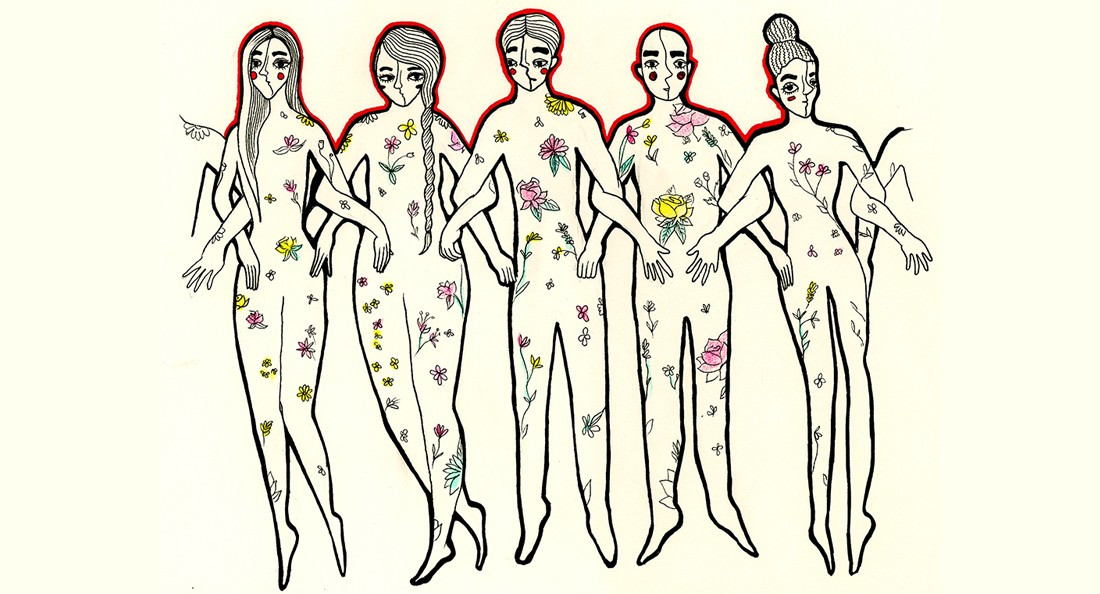Supporting survivors of sexual harassment and assault
What does support look like in action?
Many of us have heard stories, whether from the news, close friends, relatives or coworkers, about how sexual harassment and assault have impacted their lives. Some of us might have stories of our own. For those who do not, it can be difficult to know how to link arms with survivors and continue advocating against sexual harassment and assault together.
Often, people want to show they understand and care for a survivor, but their idea of support might not be what that person wants or needs. So, what does support look like in action?
Sexual harassment and assault cause harm, and no one should feel obligated to relive their experience. Active listening is an effective way to demonstrate empathy toward someone who has chosen to share their experience with you. Listening not only encourages the survivor to communicate fully and honestly, but it also welcomes a vulnerable and intimate conversation.
When people listen to one another, they build trust and deepen their awareness of experiences unlike their own.
It’s very important to respect the boundaries of survivors if they choose to open up. Beyond active listening, watch for non-verbal behavioural cues that indicate they might be uncomfortable, such as looking away, hesitation, fidgeting and/or crossing their arms. If you notice this, perhaps avoid asking invasive questions and do not keep asking for information if the individual is not voluntarily ready to disclose.
When providing support, know that the process of healing cannot be rushed. It is imperative for survivors to feel you are a trustworthy friend and advocate, which means not delivering unsolicited input toward their healing process. Everyone heals differently. People resort to coping mechanisms that suit their needs, and your role as a supporter is to validate experiences through active listening and kindness.
Although a shift in the perspective of victim blaming is needed, encouraging conversation surrounding rape culture also includes learning ways to support survivors to build solidarity. It is not solely up to the survivor to change the dynamic of the #MeToo movement. Listening to one another, even when it’s hard to listen (or even when it’s hard to speak) is how we learn to value consent. Empowering survivors to come forward embraces the fact that each of us plays a role in developing awareness. Therefore, anyone can set a crucial example by having an allied stance. Together, we have the power to continue advocating for the #MeToo movement so that nobody else has to say #MeToo.
Tessa Adamski is a second-year student, majoring in Rhetoric, Writing and Communications. To read more of her writing, go to tessierose-thewriter.com or @tessierose47 on Instagram.
Published in Volume 73, Number 15 of The Uniter (January 24, 2019)







